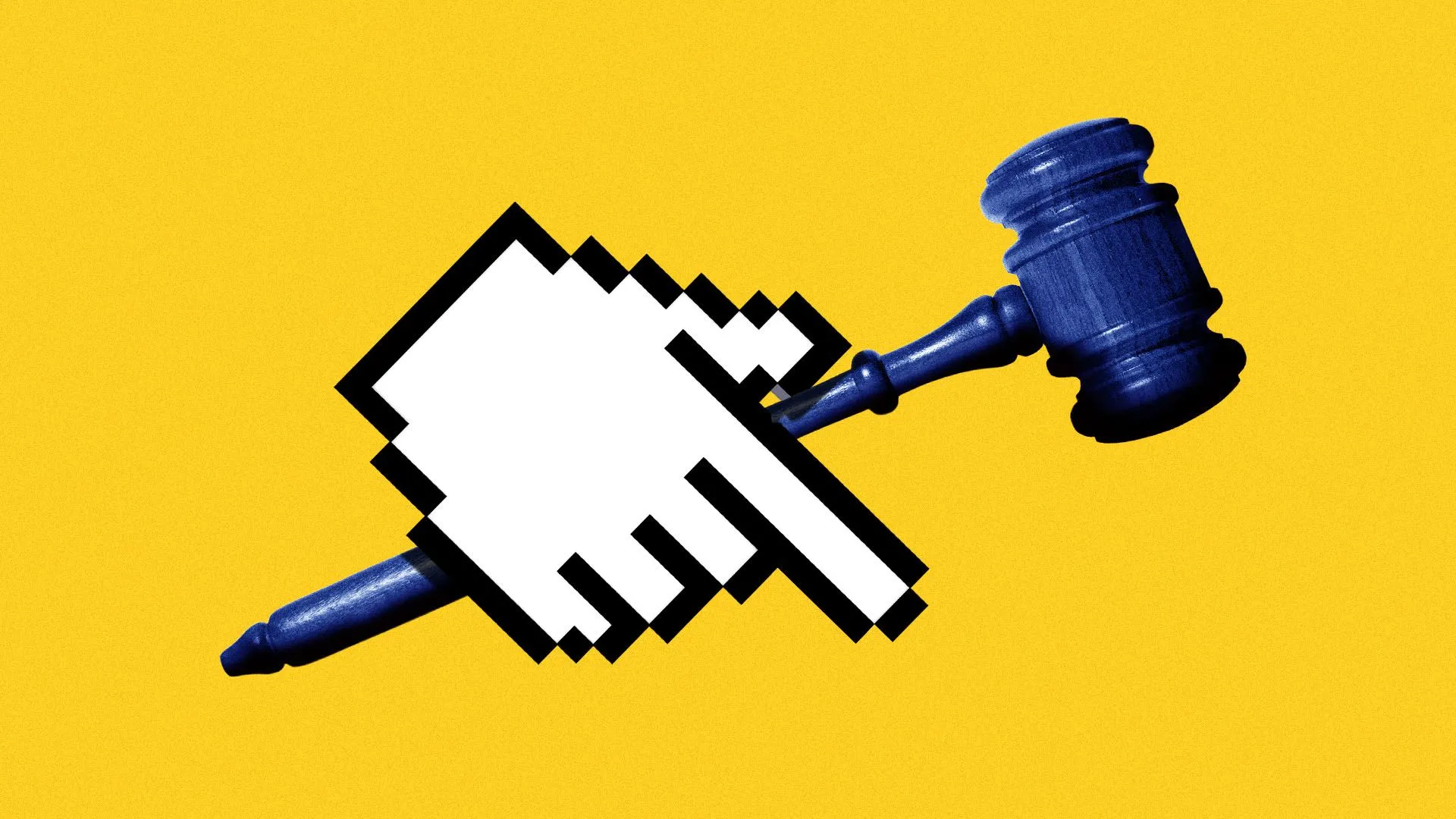The European Union (EU) is known for its comprehensive regulations, and the tech sector is no exception. However, a growing concern is the emergence of a “two-class system” in tech regulation. This system creates an uneven playing field, potentially hindering innovation and growth for European startups.
The Two Classes: Big Tech vs. Small Startups
- Big Tech Under Scrutiny: Large technology companies like Google, Apple, Facebook (Meta), and Amazon (GAFA) face a barrage of regulations – GDPR (General Data Protection Regulation), DMA (Digital Markets Act), and DSA (Digital Services Act) are just a few examples. These regulations aim to curb the power of these giants and address issues like data privacy, competition, and online safety.
- Startups Left Behind: Smaller European startups, on the other hand, often struggle to comply with the same level of regulation. The complexity and cost of compliance can stifle innovation and growth, hindering their ability to compete with established tech giants.
The Impact of the Two-Tiered System
- Stifling Innovation: Startups may be discouraged from developing new technologies or business models due to the regulatory burden.
- Brain Drain: Talented tech entrepreneurs might choose to pursue opportunities in regions with less stringent regulations.
- Reduced Competition: The dominance of large tech companies could be further solidified if European startups struggle to compete.
Calls for a Balanced Approach
- Regulation Tailored to Size and Risk: Advocates for reform propose a tiered regulatory approach, where the level of regulation is proportionate to the size and risk profile of the company.
- Sandboxes for Innovation: Creating regulatory sandboxes could allow startups to test and refine their ideas in a controlled environment with reduced regulatory burdens.
- Focus on Outcomes, Not Processes: Regulations should focus on achieving specific goals (like data protection) without micromanaging how companies achieve them.
The Future of European Tech Regulation
The EU faces a challenge: fostering a regulatory environment that protects consumers and promotes fair competition, while also nurturing the growth of innovative European tech companies. Striking this balance will be crucial for the future of the European tech sector.










